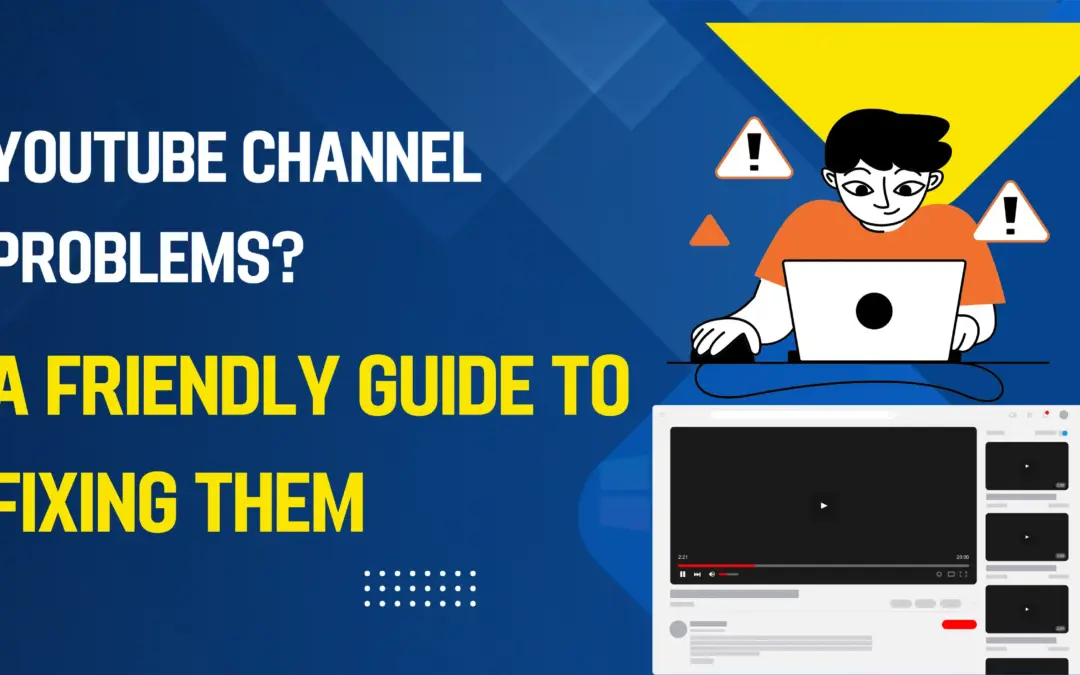The Ultimate Guide to CMS: Is It Right for Your Business in 2026?
A website is a marketing engine and your brand’s home base. But managing it can feel like a full-time job, especially if you have to call a developer for every tiny text change.
If that sounds familiar, you’ve probably heard the term ‘CMS’ thrown around. But what is it, really? And more importantly, is a Content Management System (CMS) the right move for your business as we head deeper into the decade?
This guide will break it all down—no technical jargon, just clear answers to help you make the right choice.
What is a CMS, Anyway? The Simple Explanation
Think of a CMS as the user-friendly dashboard for your website.
It’s a software application that allows you to create, manage, and modify digital content without needing to know how to code. It separates the content (your text, images, videos) from the design and functionality (the code).
In short: A CMS gives you the power to update your website as easily as editing a Word document.
7 Key Benefits: Why Your Business Needs a CMS in 2026
A modern CMS is no longer just a convenience; it’s a strategic business asset. Here’s why a CMS for business is a game-changer.
- Effortless Content Updates: Publish blog posts, update service pages, or change prices on the fly without waiting for a developer.
- Improved SEO Performance: Most modern CMS platforms have built-in SEO tools or support plugins that help you optimize titles, meta descriptions, and more to rank higher on Google.
- Enhanced Team Collaboration: Assign different roles and permissions to your team members, allowing marketers, writers, and editors to work together seamlessly.
- Brand Consistency: Use pre-designed templates and modules to ensure every new page maintains a consistent look and feel with your brand identity.
- Future-Proof Scalability: A good CMS grows with you. Whether you’re adding a blog, an e-commerce store, or a new service line, the platform can scale to meet your needs.
- Top-Notch Security: Reputable CMS platforms are regularly updated to patch security vulnerabilities, helping protect your site and your customer data from threats.
- AI-Powered Assistance: The CMS platforms of 2026 are integrating AI to help you draft content, optimize headlines, and analyze performance, saving you valuable time.
Traditional vs. Headless: Understanding the Main Types of CMS
The CMS landscape has evolved. The two main players you need to know about are Traditional and Headless.
- Traditional CMS (e.g., WordPress, Joomla): This is the all-in-one package. The backend (where you manage content) and the frontend (the visible website) are tightly linked. It’s perfect for standard websites, blogs, and small e-commerce stores.
- Headless CMS (e.g., Contentful, Strapi): This is the future of content management. A Headless CMS is just the backend. It separates your content from its presentation, allowing you to use a single piece of content across multiple platforms—your website, a mobile app, a smartwatch, a digital kiosk, and more—via an API.
How to Choose the Right CMS for Your Business
Feeling overwhelmed by options? Don’t be. Ask yourself these five simple questions to find your perfect match.
- How technical is my team? If you have no developers, a user-friendly, all-in-one platform like Squarespace or Shopify is ideal. If you have technical resources, a more flexible option like WordPress or a Headless CMS might be better.
- What is my budget? Consider both upfront costs and long-term maintenance. Open-source platforms like WordPress are free to use but require you to pay for hosting and security. SaaS platforms have a monthly fee but include everything.
- What are my core needs? Do you need powerful blogging tools? A robust e-commerce system? Multi-language support? List your “must-have” features first.
- How much will my business grow? Choose a platform that can handle your future ambitions. Check its ability to scale traffic, add features, and integrate with other tools.
- Do I need to be on multiple platforms? If your strategy involves a mobile app or other digital experiences beyond a website, a Headless CMS is the most strategic choice for 2026.
The Verdict: Is a CMS Right for You?
Let’s make it simple.
A CMS is almost certainly right for your business if:
- You plan to update your website content more than once a year.
- You have a marketing strategy that includes blogging or adding new pages.
- Multiple team members need to access or contribute to the website.
- You want to improve your SEO and be proactive about online growth.
You might not need a CMS if:
- Your website is a simple, static, one-page “digital business card” that will never change. (Even then, a simple CMS can make life easier).
Conclusion: Take Control of Your Digital Future
In 2026, agility is everything. A Content Management System removes the technical barriers between your ideas and your audience, empowering you to be timely, relevant, and in control. By choosing the right CMS for your business, you aren’t just buying software—you’re investing in a scalable foundation for all your future digital growth.

